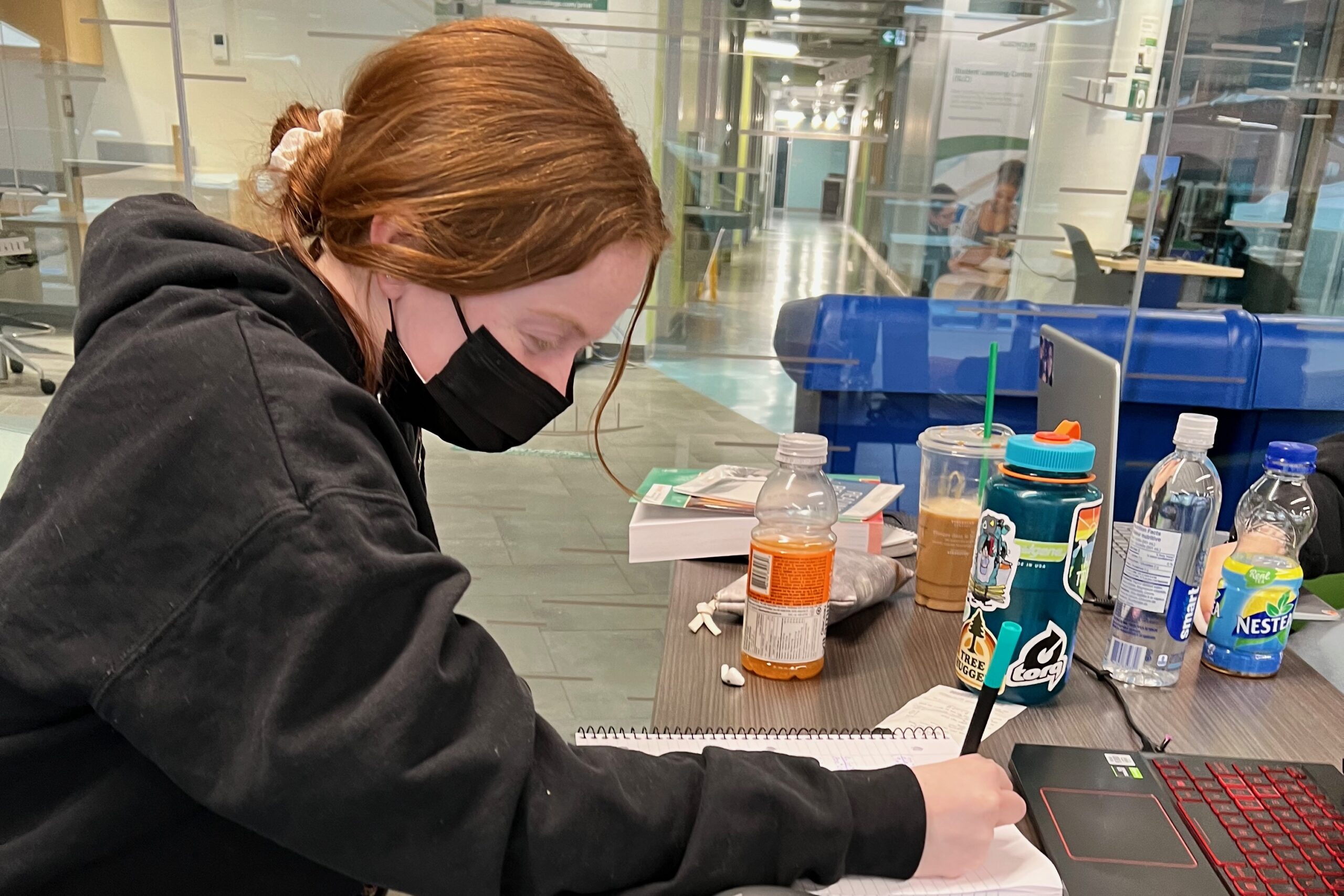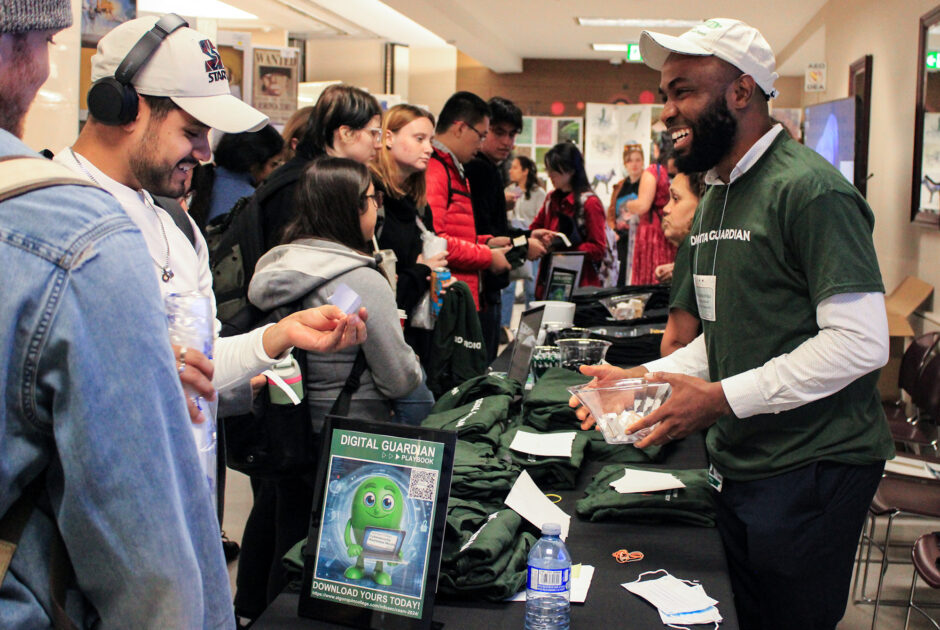Paper versus digital notes: which is better for students?

Danielle Allard, a professor of communications at Algonquin College, once had 61 students working on a single Google Doc at the same time, so she knows first hand there is a place for digital notes in a student’s life.
“Digital has its place,” Allard said. “It is a living to-do list. Paper is hard to change. When I need to update my list, I prefer digital. Or when I need to be creative on the go.”
But digital isn’t the only way to go. There’s no denying that paper notes are tried and tested. Ever since the first grain shipment was painted out on a papyrus in the Nile delta, humankind has employed paper for keeping track of everything. Paper notes are the tried-and-tested method of note-taking for students throughout history.
Which is the best method for taking notes? Should you write everything on paper, or type it all out on a digital notepad? This debate has raged as long as there have been computers. Students and faculty have their own preferences, but who is ultimately right?
But when digital devices appeared in the early 1980s, and with them, electronic word processors, the game changed. Not since humans stopped nailing words into stone tablets has our method of keeping notes seen such disruption. Some students are torn between the two.
“Paper notes are easier to use than digital notes,” said Gwyneth Jones, a first-year Algonquin College student in the architecture program. “I would need three screens running at the same time if I tried to take digital notes in this program.”
First-year paramedic program student Kayden Beaudoin agrees. “I prefer paper notes,” he said. “Paper notes help me memorize the material.”
Beaudoin doesn’t completely rule out digital notes, however. “For projects, I prefer notes on my computer to stay organized. But for taking down info to memorize, I write it out.”
Danielle Allard, the professor who can see there is a place for digital notes in a student’s life, advises most students to stick to paper.
“Paper allows people to engage in the act of writing,” she said. “People here at the college are mostly kinaesthetic learners. They prefer hands-on learning that is actively engaging.”
She also recognizes how useful digital notes can be in group projects. “It’s great for visual learners,” she said.
Still, some students have completely embraced technology in their studies.
Katie Bishop, a first-year Algonquin College student in the paramedic program, prefers taking digital notes. “I lose paper notes too often,” she said. “I like that with digital notes. I can upload them to the cloud. It’s more efficient and I can access them anywhere. It’s really helpful for images and diagrams.”








